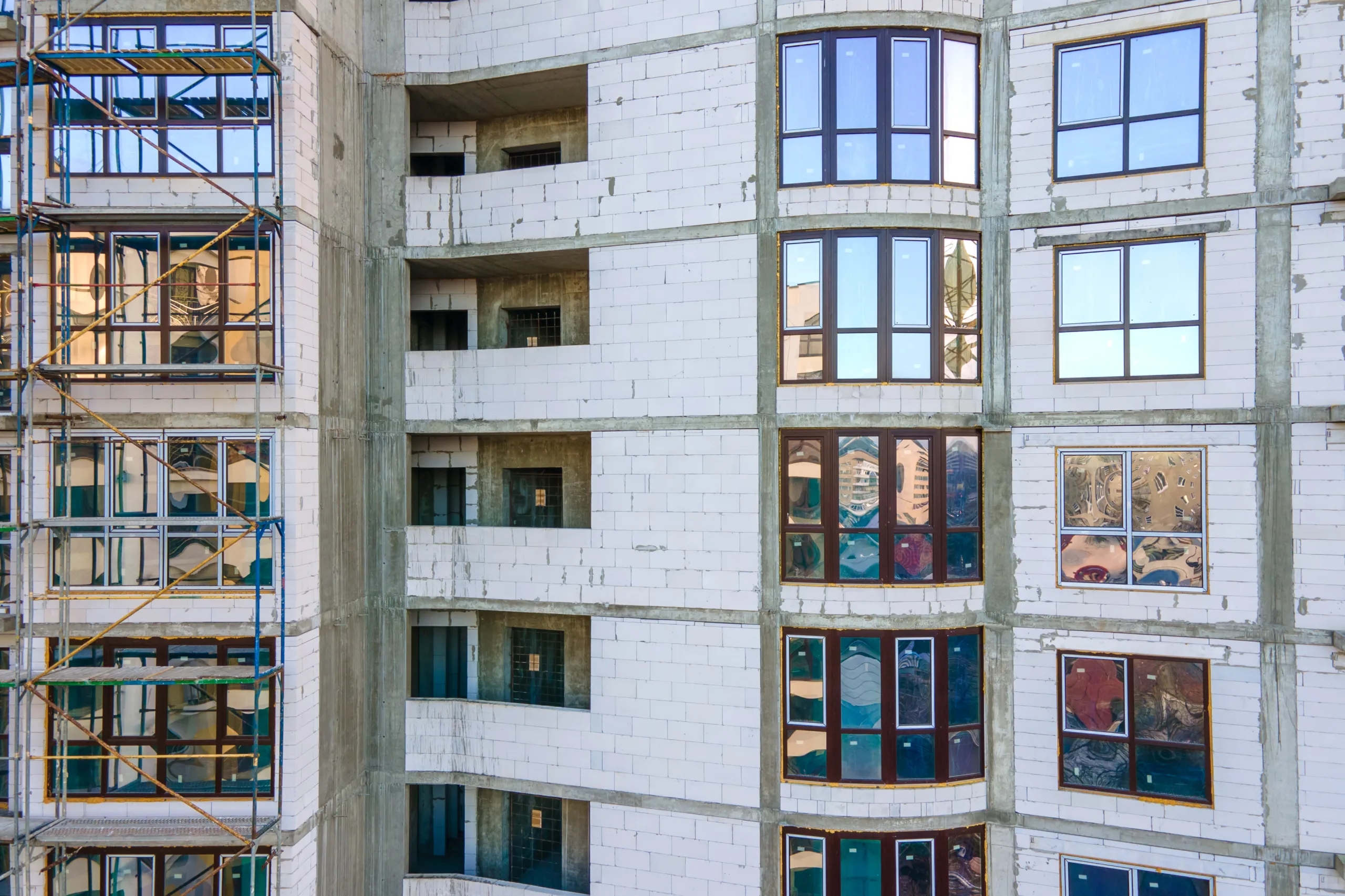- Real estate is valued at $393.3T globally, exceeding the combined value of global equities, debt, and gold.
- The US commercial real estate market leads the world, representing $19.4T, or one-third of the global CRE total.
- Residential property accounts for the bulk of real estate value, with $287T globally.
The World’s Largest Asset
A new report from Savills confirms that real estate remains the world’s most valuable asset class, with a total global value of $393.3T as of early 2025, as reported by GlobeSt.
That’s roughly four times the world’s GDP of $110.5T and far surpasses the value of global equities ($126T), debt securities ($144T), and all the gold ever mined ($20.2T).
Savills includes residential and commercial properties, agricultural land, and even illiquid real estate assets like schools and hospitals in its valuation—offering a holistic view of the sector’s economic weight.
US Dominates Commercial Real Estate
The US has the most valuable commercial real estate market globally. Its cre market is valued at $19.4T. That’s one-third of the global CRE total of $58.5T.
Though China leads in total real estate value, the U.S. holds 20.7% of the global share. China holds 23.5%.
In the US, onshoring and rising manufacturing investment helped drive growth.
Get Smarter about what matters in CRE
Stay ahead of trends in commercial real estate with CRE Daily – the free newsletter delivering everything you need to start your day in just 5-minutes
Residential Still Reigns, Despite a Dip
Residential property comprises the majority of global real estate value, totaling $287T. Agricultural land contributes another $48T.
However, global residential stock saw a 2.7% value decline over the past year, leading to a modest 0.5% dip in overall real estate value. This was largely attributed to falling prices in China, which holds roughly 25% of global residential real estate value.
Top Real Estate Markets
Beyond China and the US, the top 10 real estate markets include:
- Japan
- Germany
- United Kingdom
- France
- Canada
- Australia
- South Korea
- Italy
These countries collectively underscore the geographic concentration of real estate wealth in mature, developed economies.
Why It Matters
Real estate’s dominance as a global asset class continues to reflect its role as both a store of wealth and an economic driver. While short-term challenges—like elevated interest rates—may impact valuations in certain markets, real estate’s long-term appeal remains strong.
According to Savills’ head of world research, Paul Tostevin, the sector’s adaptability to global economic shifts ensures its continued relevance:
“While shorter-term factors…can affect the values of certain types of property, long-term real estate’s position as the world’s most valuable asset class looks set to remain.”
What’s Next
Despite market fluctuations and economic headwinds, real estate is likely to remain a dominant asset class for investors, developers, and global economies alike. As urbanization, infrastructure investment, and demographic trends continue to shape demand, the value of global real estate will likely maintain its upward trajectory over the long term.


















